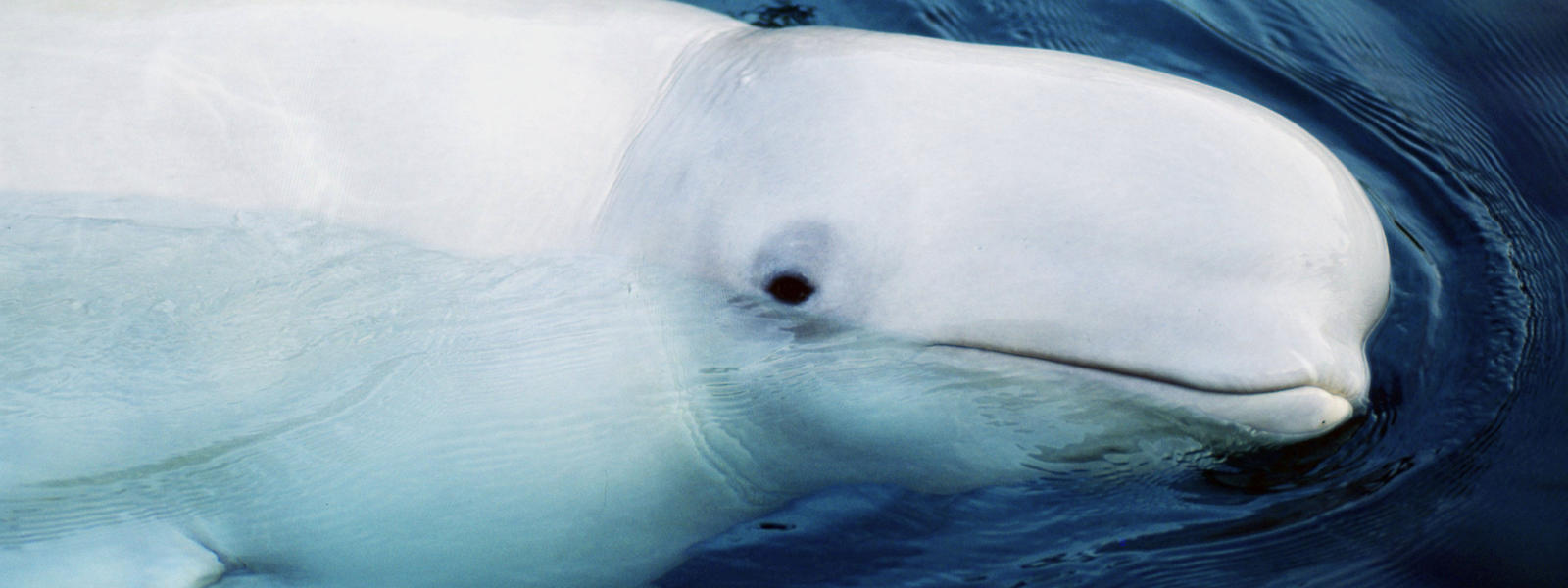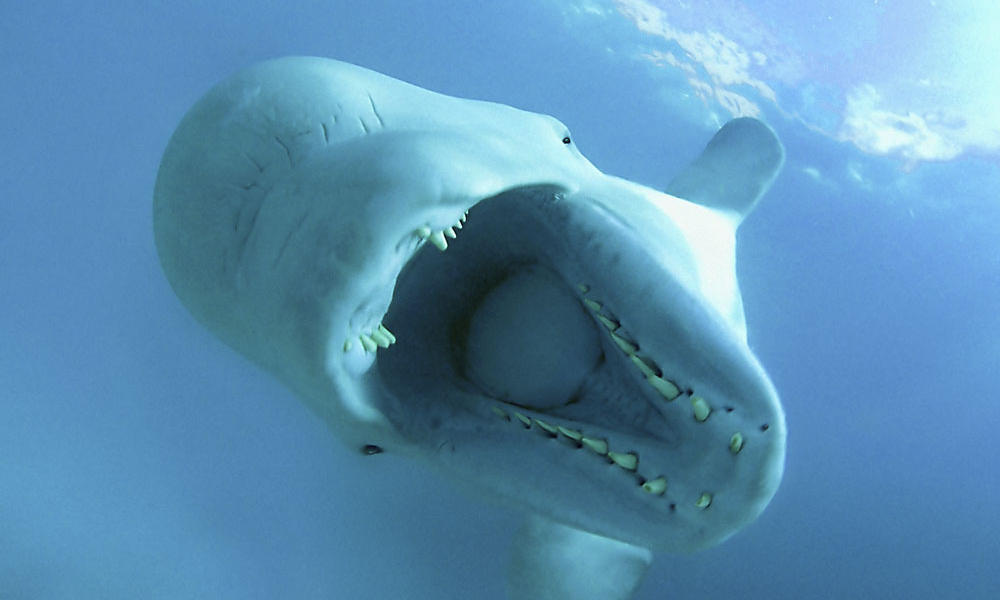Novel Coronavirus Endangering Marine Life
"Many of these species are threatened or critically endangered.""In the past, these animals have been infected by related coronaviruses that have caused both mild disease as well as life-threatening liver and lung damage."Graham Dellaire, director of research, pathology department, Dalhousie University, Halifax“Our major concern is in developing nations, where there is already a disparity in public health and the wastewater treatment infrastructure required to handle the COVID-19 crisis.""Monitoring susceptible species in these high-risk areas around the world will be pertinent for protecting wildlife during and post-pandemic."Saby Mathavarajah, Killam pre-doctoral fellow, Dr. Dellaire’s lab"Over the past several months our lab has been focused on detection of SARS-CoV-2 in wastewater to help understand public health outcomes.""However, this study helped to shine a light on a potentially significant environmental concern of untreated wastewater."Graham Gagnon, professor, Department of Civil and Resource Engineering, Dalhousie University
 |
| Belugas are extremely sociable mammals that live, hunt and migrate
together in pods, ranging from a few individuals to hundreds of whales.
Their bulbous forehead, called a "melon”, is flexible and capable of
changing shape. This allows them to make different facial expressions.
Belugas can produce a series of chirps, clicks, whistles and squeals,
which give the beluga its other name, "the canary of the sea." They may
sound like music or even nonsense to us, but to fellow belugas they
convey important information. World Wildlife Fund |
The research team studied amino acids which the virus binds to, discovering striking similarities between those in humans and in several marine mammals, a group including dolphins, beluga whales, seals and sea otters. At least 15 marine mammal species were found to be susceptible to infections, reflecting the fact that they each carry a protein required for the virus to be enabled to infect cells, according to Graham Dellaire, director of research in the pathology department of Dalhousie University in Halifax, Nova Scotia.
 |
A researcher was surveying seabirds off the coast of Vancouver Island when he spotted something unexpected: a huge group of common bottlenose dolphins — about 200 of them — breaching and swimming. Mike Hill/Getty Images |
The prediction coming out of the study is that the majority of whale, dolphin and porpoise species -- some 18 of 21 -- have identical or higher susceptibility to the virus as do humans. Eight out of nine seal species are also predicted to be highly susceptible to infection by the coronavirus. The virus is excreted in feces and can survive in water for up to 25 days, according to studies.
This raises the possibility that wastewater has the potential to spread the disease. It has already occurred in Spain, Italy and France, where the virus has been detected in untreated sewage.
 |
| Whales, like the beluga, are at the top of the food chain and have an
important role in the overall health of the marine environment. Beluga
whales are also culturally important to indigenous communities in the
Arctic. Like polar bears, the beluga depends on sea ice for its
existence and can be directly impacted by climate change. WWF |
Labels: Dolphins, Infection, Research, SARS-CoV-2, Sea Otters, Seals, Treatment, Wastewater, Whales

0 Comments:
Post a Comment
<< Home